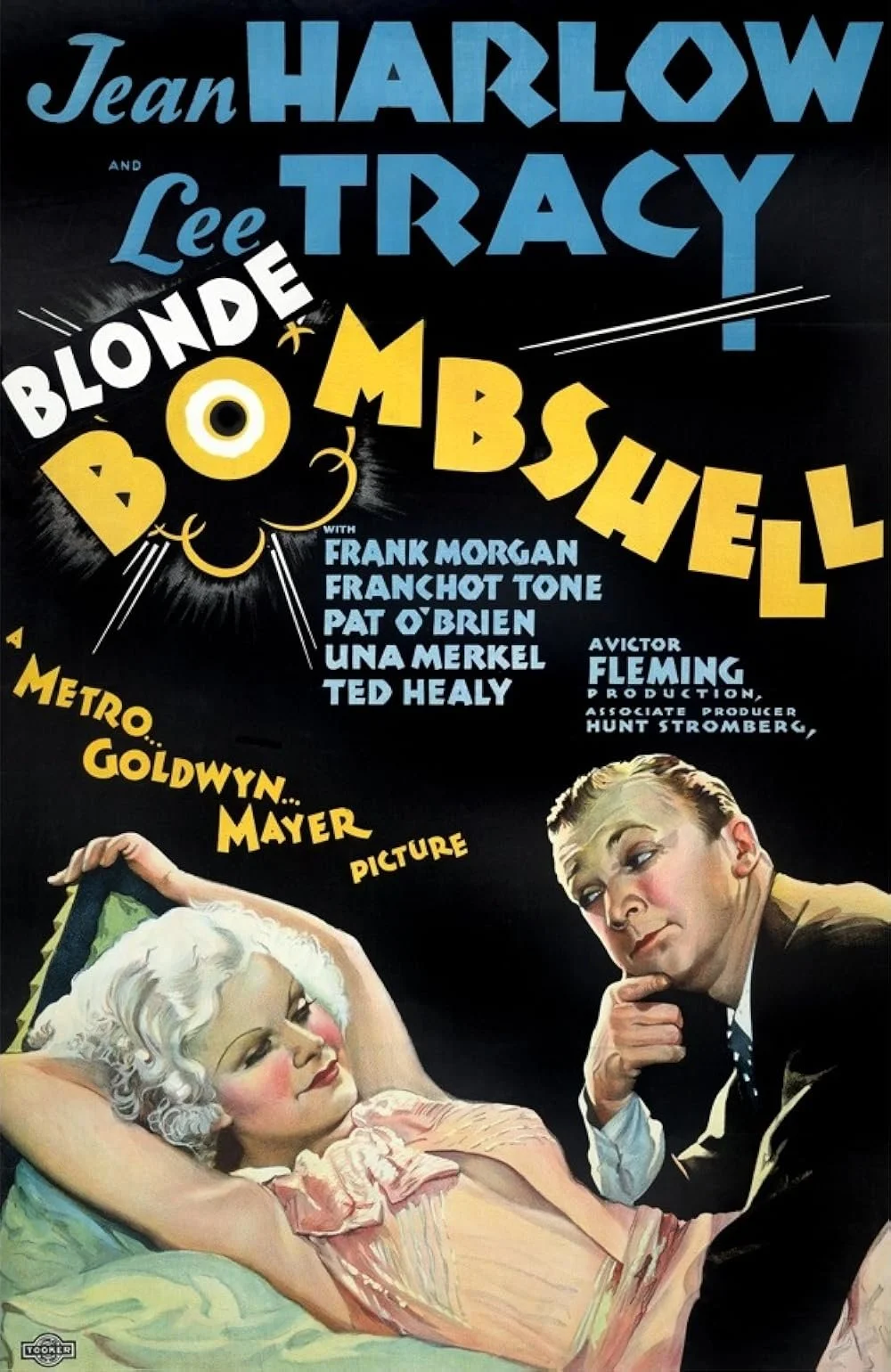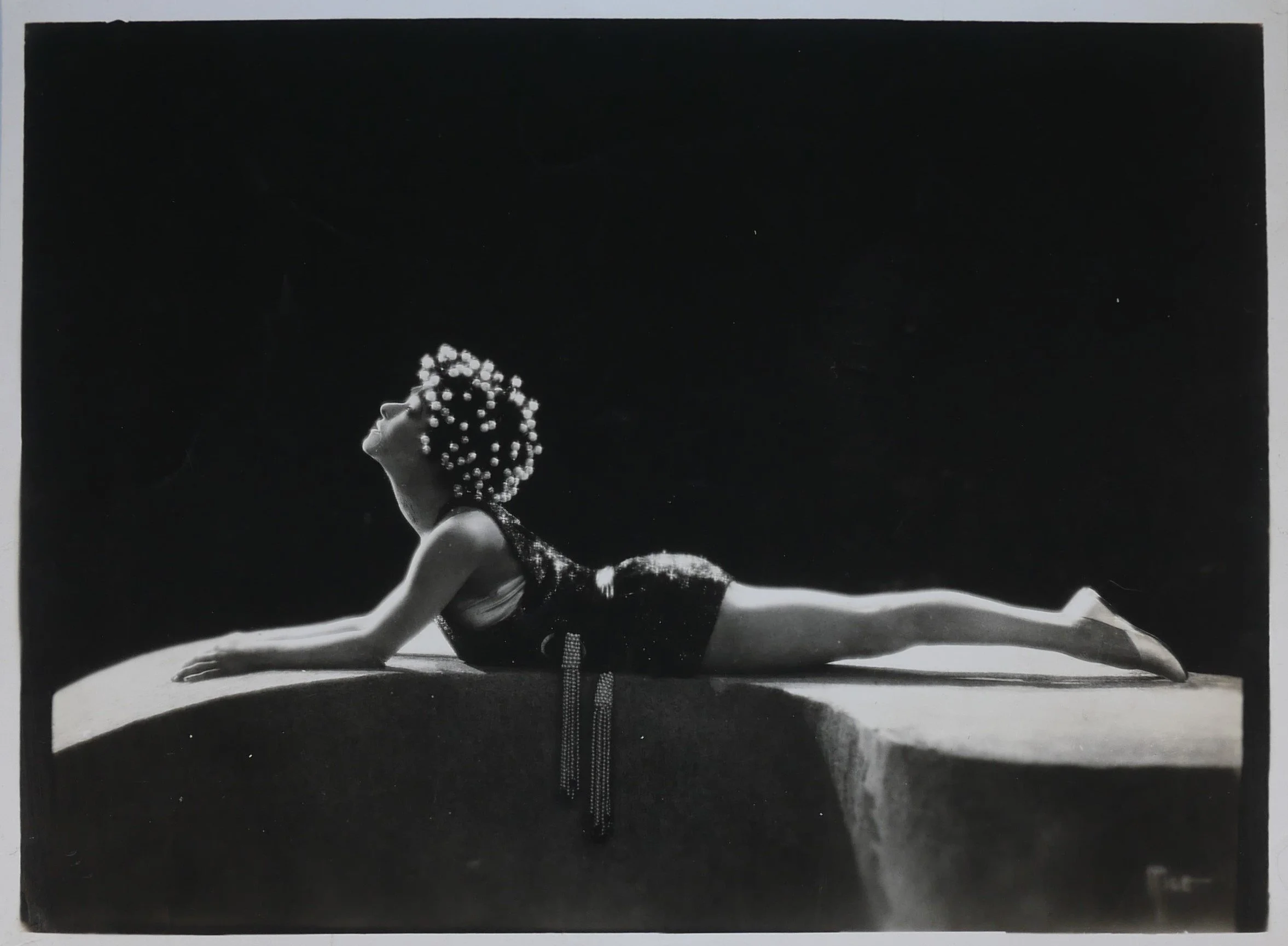Marlene Dietrich
Kent MOMI presents a lineup of unforgettable women—rebels, lovers, warriors, and icons—who challenge expectations, redefine power, and rewrite their own myths. From sultry femme fatales to cross-dressing queens, these films celebrate the electrifying presence of women who refuse to be tamed.
25 April: Morocco (USA 1930, dir. Joseph von Sternberg)
Marlene Dietrich steps onto the screen in a tuxedo, tips her hat, and dares the world to look away. As a cabaret singer in a foreign land, she defies convention, seducing both men and women with her charm and using desire as both a weapon and a shield in this intoxicating tale of love, longing, and power.
2 May: Die Bergkatze (The Wildcat) (Germany 1921, dir. Ernst Lubitsch)
Sex symbol of her time and a masterful actress, Polish star Pola Negri leads an all-out comedic rebellion as Rischka, a fearless female bandit in Lubitsch's most whimsical and visually extravagant German film. With its surreal set designs and absurd humour, this silent-era gem is a wild ride through a world where a woman with a pistol and a wicked grin holds all the power.
9 May: Queen Christina (USA 1933, dir. Rouben Mamoulian) –
Greta Garbo commands the screen as Sweden's legendary queen, a ruler torn between duty and passion. Often read as queer-coded, this lush historical drama explores power, passion, and the intoxicating freedom of living on one's own terms.
16 May: Bombshell (USA 1933, dir. Victor Fleming)
Jean Harlow takes on Hollywood—and wins. Playing a glamorous actress hounded by the press, greedy managers, and men who want to control her, Harlow shines in this fast-paced satire that exposes the tension between a woman's public persona and private desires.
23 May: Hamlet (Germany 1921, dir. Svend Gade, Heinz Schall) –
Asta Nielsen, the silent screen's first true international star, brings extraordinary depth and nuance to this reimagining of Shakespeare's Hamlet, in which the Danish prince is actually a woman disguised as a man. At the height of her fame, Nielsen was celebrated for her astonishing ability to communicate emotion without dialogue. Film theorist Béla Balázs famously praised her "sign language of eroticism" and incredibly expressive eyes that could convey an entire monologue in a glance. That power is on full display here, as she turns Hamlet's existential turmoil into a profoundly personal reckoning with gender, repression, and forbidden love.
30 May: The Lady from Shanghai (USA 1947, dir. Orson Welles)
Known as the ultimate screen siren after Gilda (1946), Rita Hayworth stunned audiences when she dyed her iconic red hair platinum, cut it short and took on this darker, more ambiguous role.
FOR MORE DETAILS AND TICKETS, HEAD OVER TO OUR EVENTS PAGES


















